The Shanghai Oriental Art Center is one of the leading performance and cultural facilities in Shanghai. The five interconnected hemispherical halls or "petals" are shaped to resemble a butterfly orchid from above. They comprise the Entrance Hall, the Concert Hall, the Opera Hall, the Performance Hall, and the Exhibition Hall. The high-tech ceiling changes color during the night to reflect the nature of the performances inside. Located off Century Avenue in Pudong, the SHOAC was opened with a New Year's Eve concert in 2004 and officially opened on July 1, 2005.
Various cultural and musical performances are held in the center, beginning from the 2005 Berlin Philharmonic Orchestra Shanghai Concert. It's a regular venue for concert performances and its popular "Chinese Traditional Opera Series" hosts performances by the China National Opera, the Shanghai Jingju Theatre Company and Shanghai Kunqu Company, and the Shanghai Yueju Opera Troupe. The OAC's Saturday Brunch Concerts claim audiences of over 100 000 every year.
The building was designed by French architect Paul Andreu and the Huadong Architectural Design & Research Institute. The façades are mainly laminated glass incorporating perforated metal sheets. The dark granite floors and multi-layered glass screen walls aim to create a softly diffused forest floor effect. The separate "petals" of the construction are hung with large distinctly colored pebbles to differentiate them. The backstage facilities include an Orchestra Rehearsal Hall, Choir Rehearsal Hall, Dance Rehearsal Hall, and Integrated Rehearsal Hall.
Concert Hall
The Concert Hall has 1953 seats, a computer-controlled elevating stage, and an 88-diapason 5-layer organ by Austria's Rieger Pipe Organ. It houses 2 VIP and 7 regular dressing rooms.
Opera Hall
The Opera Hall has 1015 seats, divided into three areas and designed to recreate the intimate experience of Italian opera houses. The orchestra pit is 120 m2 and able to accommodate up to 100 musicians. The central stage provides computer-controlled side, ice, and ballet platforms in addition to the main large-scale platform. It houses 2 VIP and 15 common dressing rooms.
Performance Hall
The Performance Hall has 333 seats and is modeled on semicircular Roman theaters. Its performance floor is golden Swiss pearwood. It has 4 dressing rooms.
Exhibition Hall
The Exhibition Hall is located on the second floor of its petal of the Oriental Art Center. It covers 250 m2 and has 9.8-meter high walls.
Other facilities
The venue also features ancillary public facilities, including the 100-seat Paris Shanghai French restaurant open daily for lunch and dinner, the 530-square-meter (5,700 sq ft) Café Salon Etoile and an adjacent gift store, and 11 piano training classrooms. The Shanghai Gallery of Antique Music Boxes and Automata is located at the SHOAC, displaying over 200 antique music boxes and European automata, including the oldest extant music box in the world, constructed in 1796 by Antoine Favre-Salomon.


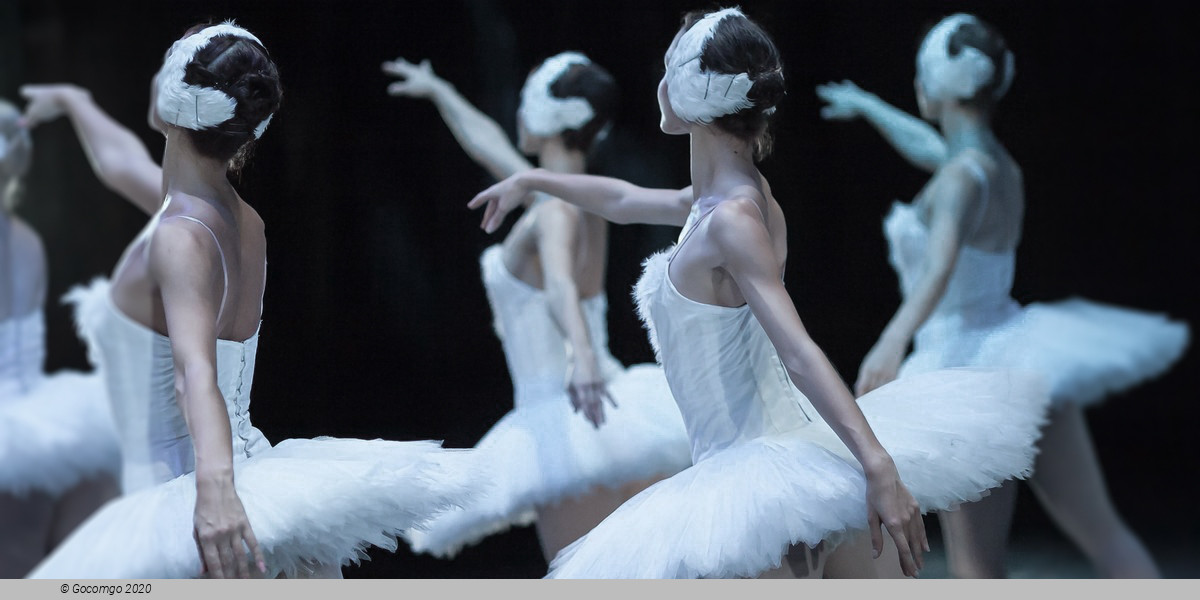
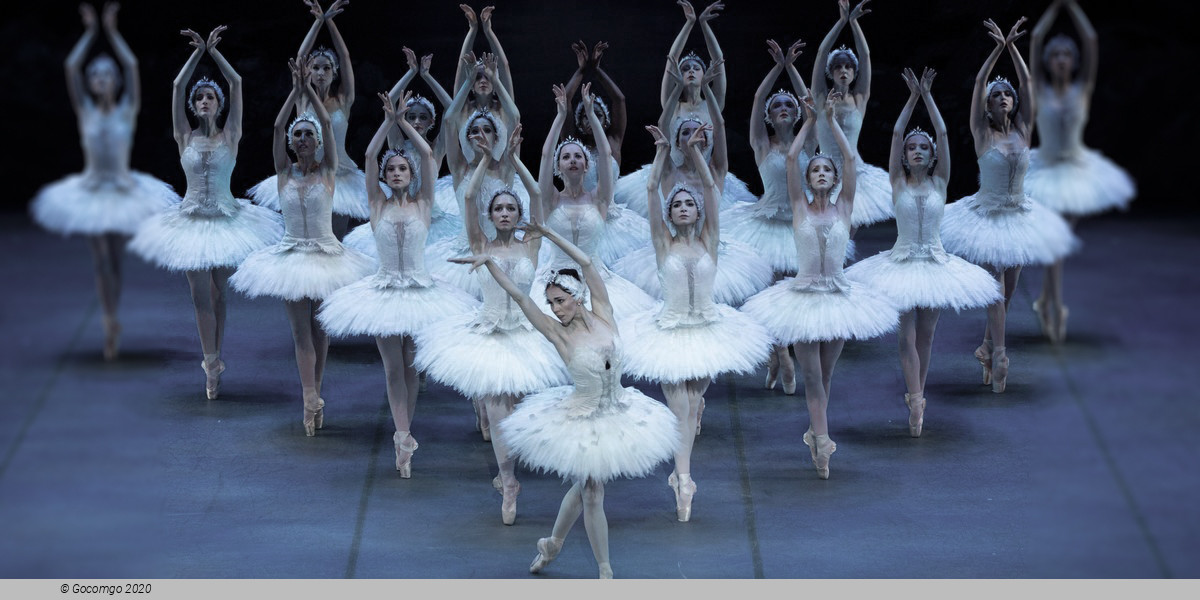
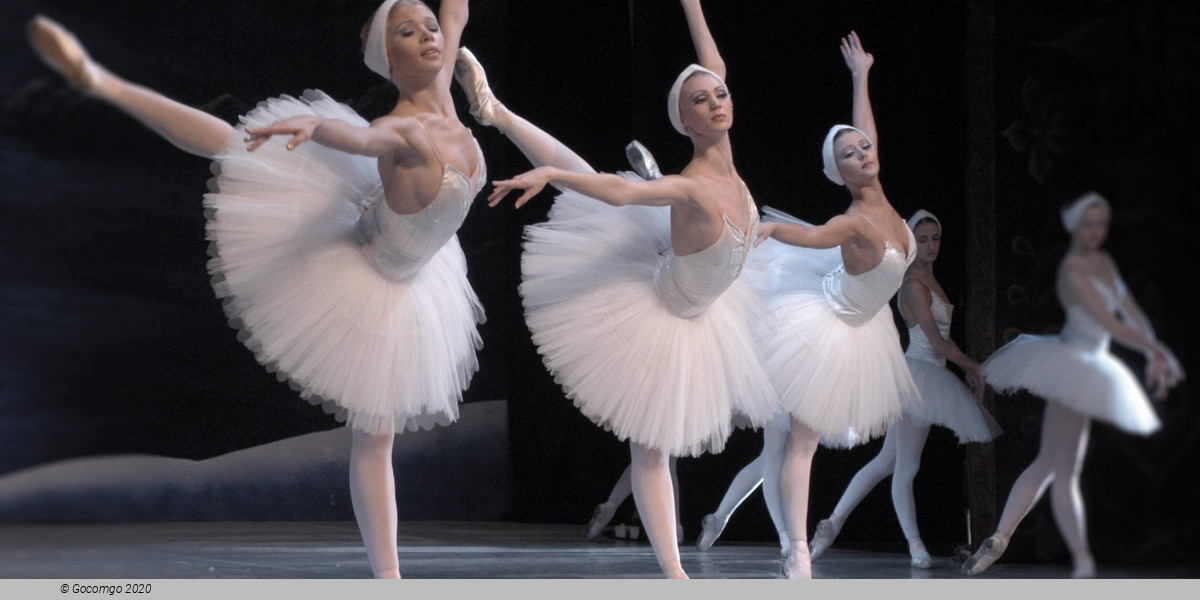
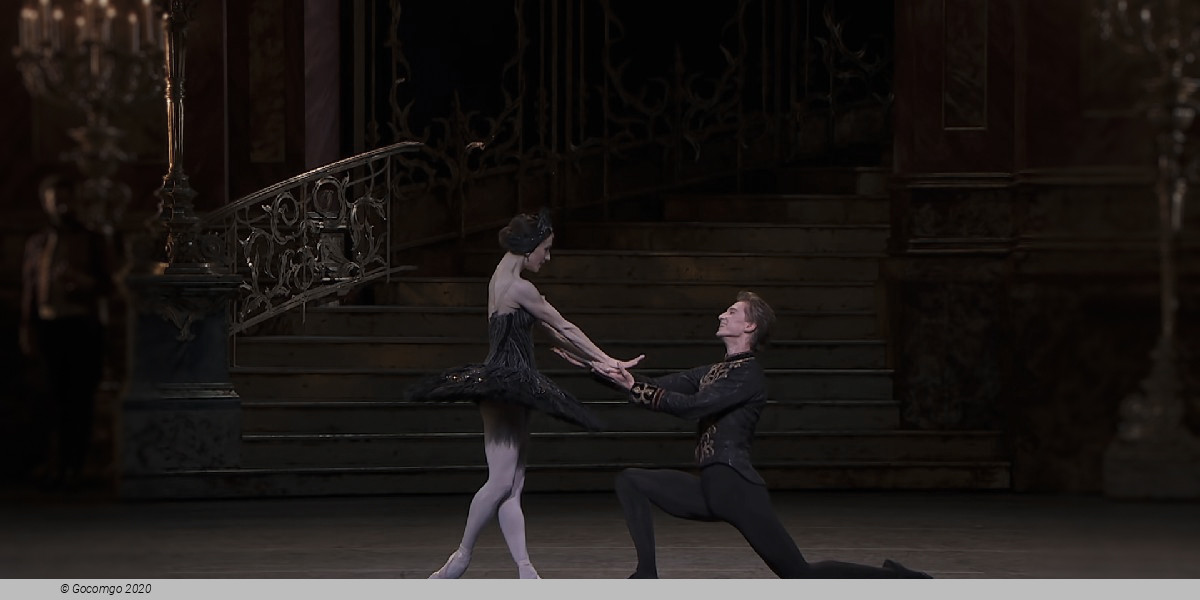
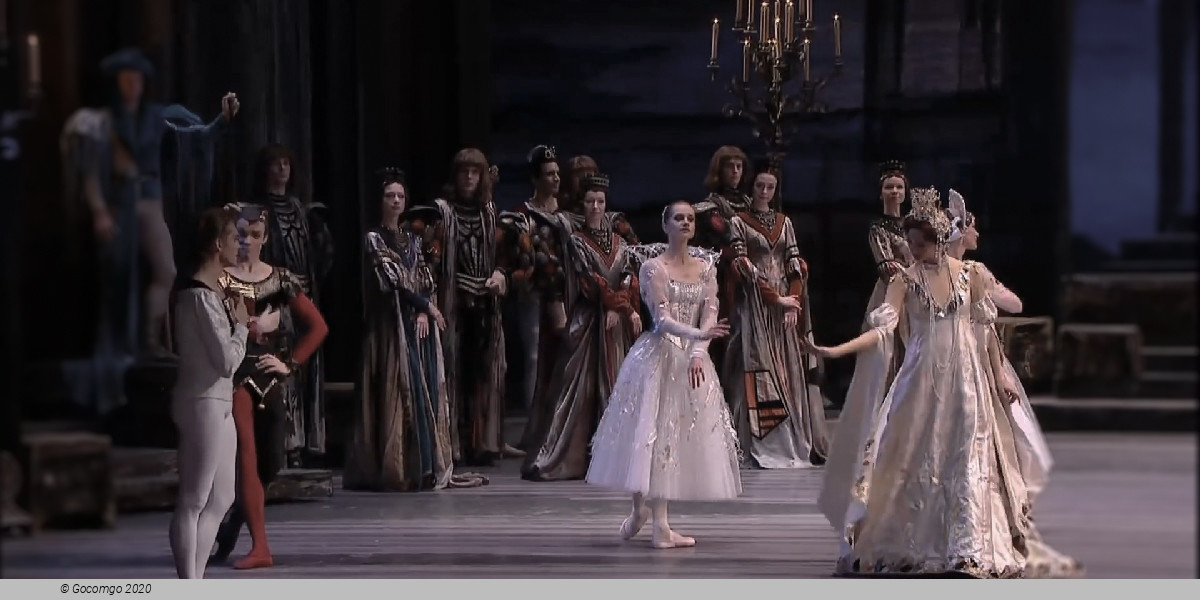
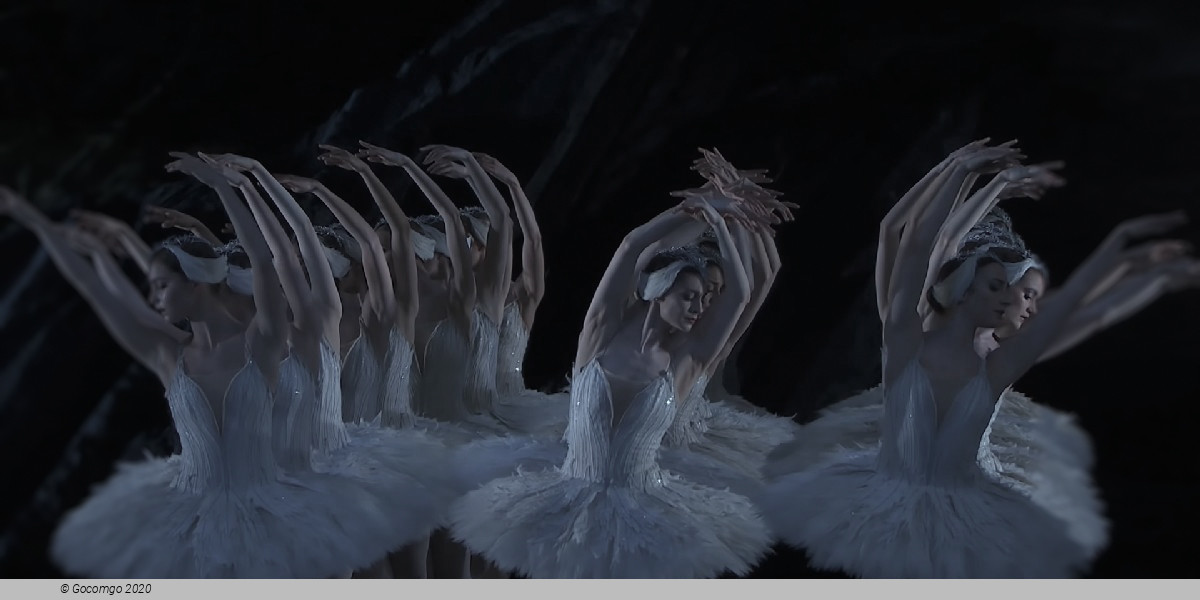
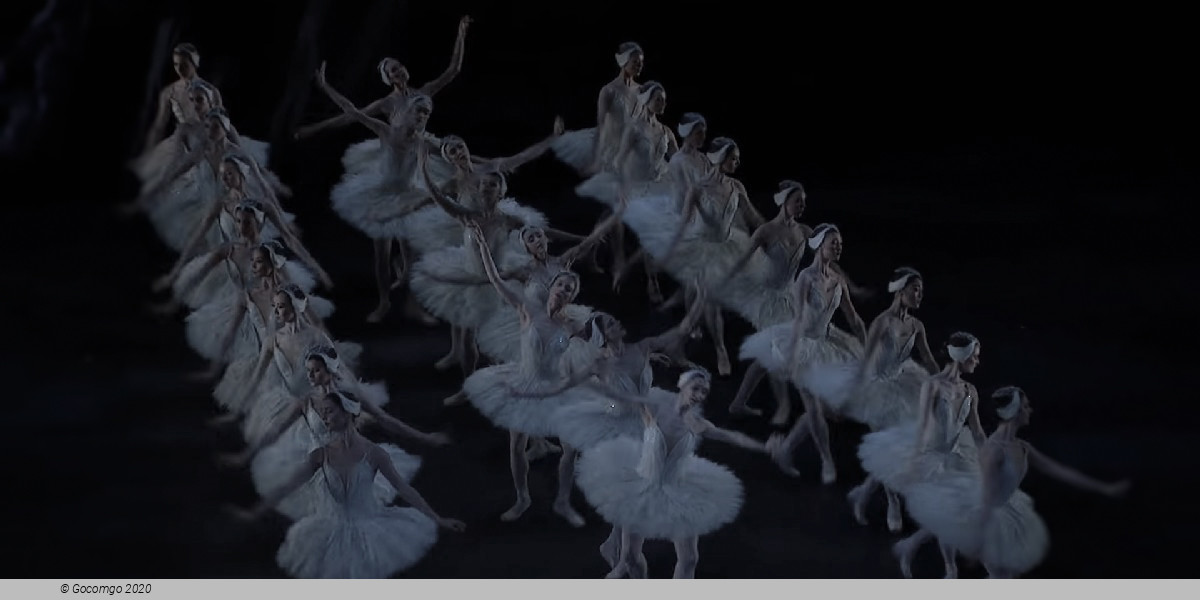
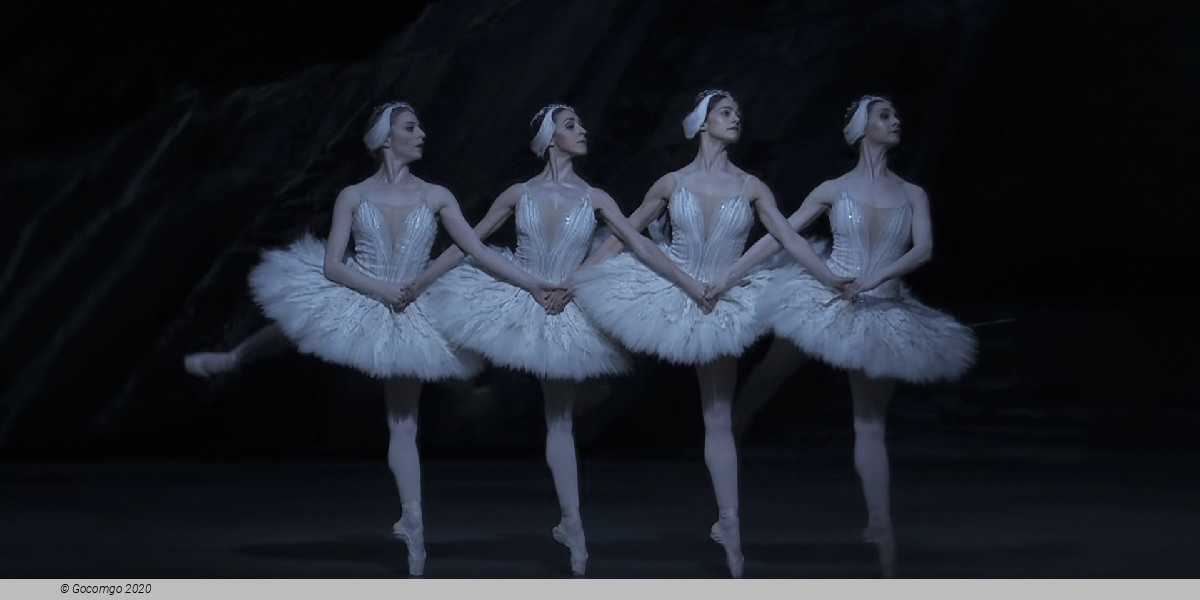
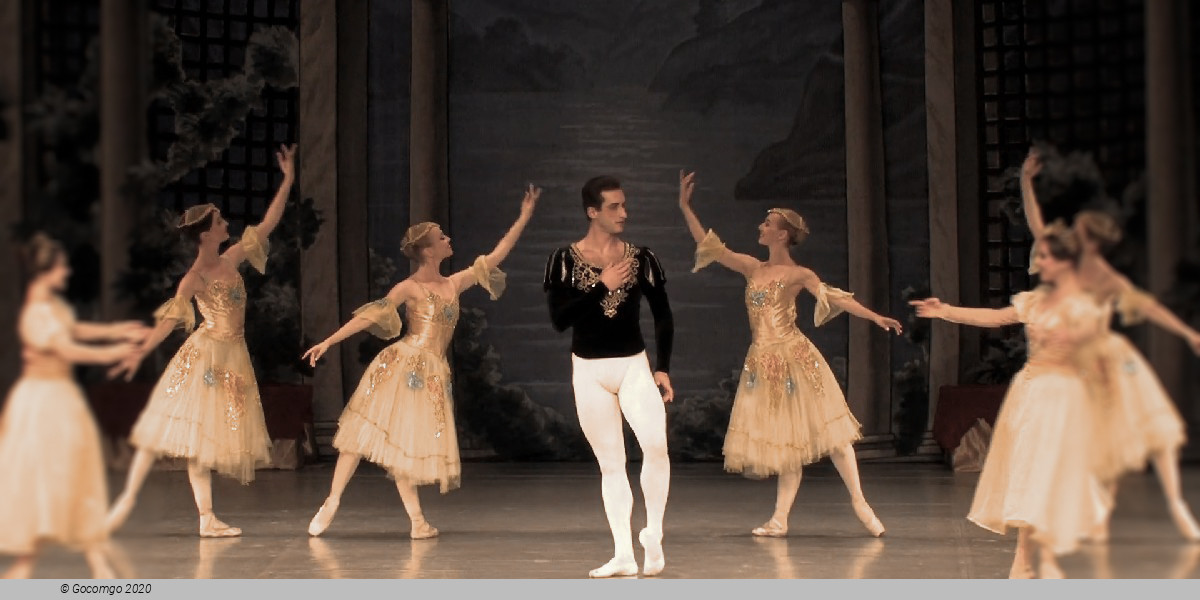
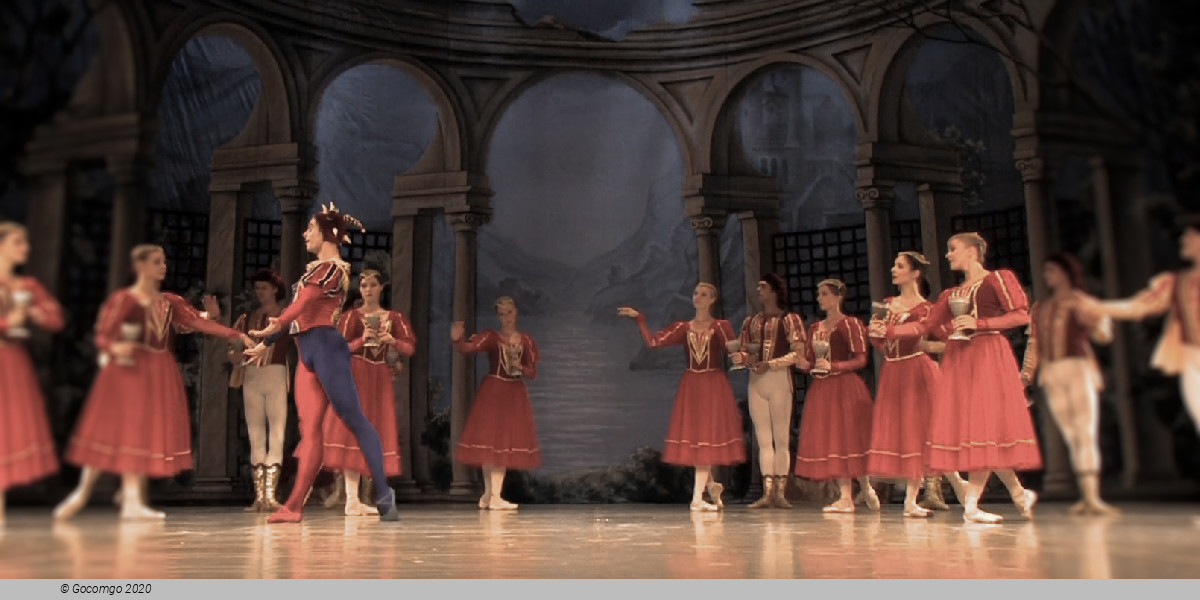
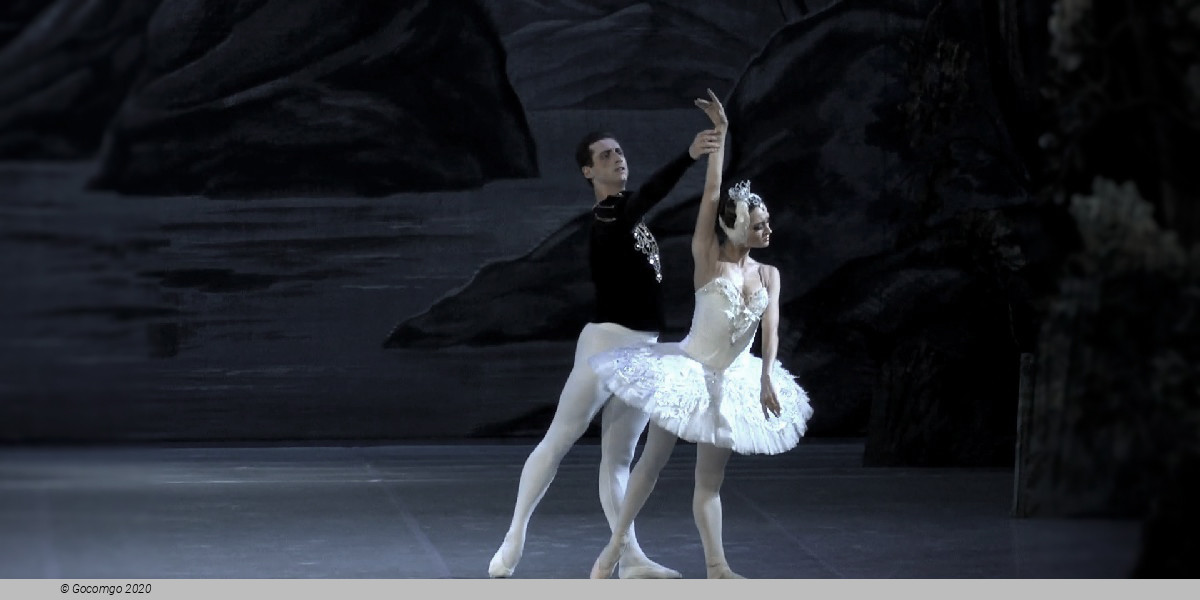
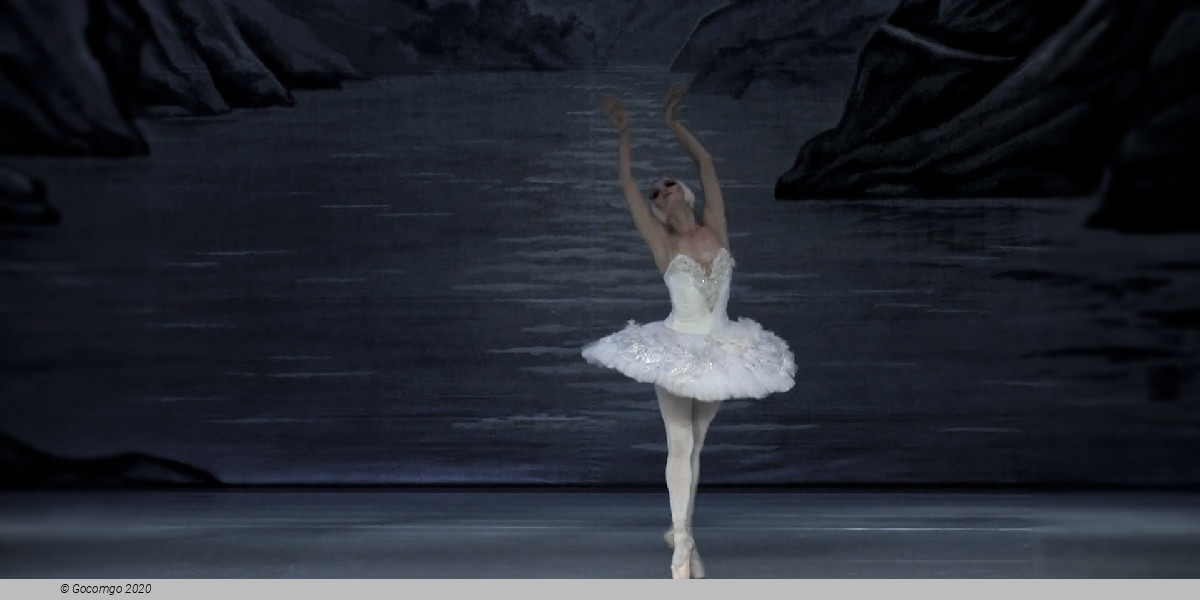
 425 Dingxiang Lu, near Century Blvd
425 Dingxiang Lu, near Century Blvd